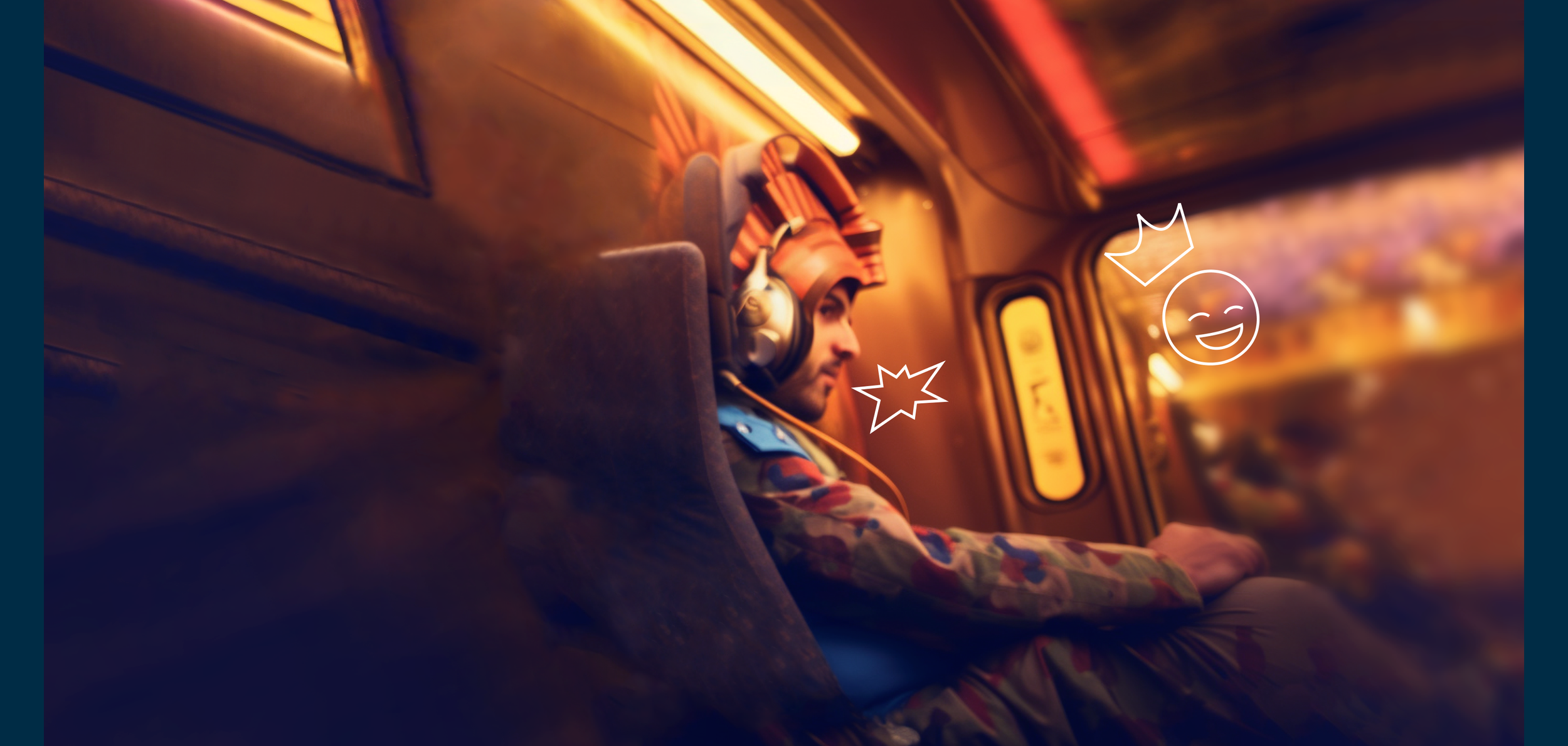
• LIVELY PODCASTS WITH YOUNG PRODUCERS
• INSIGHTFUL HISTORIAN INTERVIEWS
• LIVELY PODCASTS WITH YOUNG PRODUCERS • INSIGHTFUL HISTORIAN INTERVIEWS
Listen To UnTextbooked Episodes
Explore our collection of captivating episodes that tackle pressing issues, unravel untold stories, and bridge generations. Each episode is a journey through time, inviting you to connect with history on a personal level.
What Was The Black Panther Party Fighting For?
In 1968, Martin Luther King Jr. was assassinated, police killed unarmed 17-year-old Bobby Hutton, and Aaron Dixon decided it was time to join the Black Panther Party.
What Do Our Clothes Reveal About History, Economics, and Gender?
The clothes we wear say a lot about how we express ourselves. But an investigation into how these clothes ended up in our closets reveals a complex history dating back 400 years ago at the dawn of the Industrial Revolution. Producer Ashley Kim sits down with Sofi Thanhauser, the author of Worn: A People’s History of Clothing to learn how clothing can teach us about economics, gender and imperialism.
Why is Spoken Word Poetry Not Seen as ‘Real’ Literature?
Spoken word poetry is an oral tradition dating back centuries. So why is this form of poetry not always taken seriously? Producer Sydne Clarke sits down with Dr. Joshua Bennett, the author of Spoken Word: A Cultural History. His nonfiction debut is a personal investigation into the history of spoken word, specifically the Nuyorican Poets Cafe. This is a cultural hub that started in the Lower East Side living room of Miguel Algarin.
PTSD, Poetry and Brotherhood in World War One
In World War One, millions of soldiers saw industrial warfare unlike anything they’ve seen before: artillery shells, flame throwers, poison gas. Those who saw the war on the frontlines came home with psychological wounds the world had never quite seen before. At one military hospital in Scotland named Craiglockhart, early psychiatrists treat PTSD and soldiers turn to poetry and brotherhood to heal.
What IS Venture Capital? Does it really run the tech world?
Entrepreneurs like Elon Musk and products like Chat GPT have been fueled by Venture Capital. In fact, some argue that Venture Capital has shaped our modern technology more than any other entity. But what is Venture Capital and what makes it unique?
UnTextbooked Out of the Studio: Reimagining a New Vision for Education at the ASU+GSV Summit
UnTextbooked heads to sunny San Diego, California, for the ASU+GSV Summit and we brought our microphones with us! Host Gabe Hostin and founding producer Victor Ye talked to innovative EdTech leaders, teachers and social entrepreneurs to discuss how we can collaboratively write a new chapter in the history of education. Plus, they ask the question, what else do we need to unlearn?
How does naval domination control who runs the world?
In the 1930s, six naval powers roamed the world’s oceans: Great Britain, the United States, France, Italy, Germany, and Japan. Each nation was subject to the Washington Naval Treaty, which granted 60% of the world’s battleships to the Royal and US Navy, 20% to Japan, and 20% to France and Italy. However by 1945, the United States Navy had expanded to a fleet larger than that of all the great powers. What exactly did that mean in the wake of WWII?
Is the U.S. government spying on its own citizens?
As human beings, our privacy is one of our most basic needs and most sacred rights. However, in the modern information age, these rights are constantly under attack. How does the American federal government collect our data and what happens when the institutions meant to protect our privacy opts to instead use that information for their gain?
What does history teach us about the future of technology?
Technology plays a vital role in our society day-to-day, but what exactly is our role when it comes to managing our tech? How do our internal biases impact the products we create? Can technological advances actually be “neutral” as a product of human imagination? These are all questions to consider as we take a look at how human and computational infrastructures overlap.
What does American cuisine tell us about the United States?
American food is unlike anything else in the world. And it goes a lot deeper than hamburgers and pizza. The thing that makes American food special is the stunning variety of options and how accessible it is to the average consumer. Also some regional American dishes that are impossible to find anywhere else on the planet
Most Americans eat like kings without realizing it.
It’s undeniable that the way people eat has changed drastically in the last century. It took thousands of years for human societies to transition from hunter-gatherers to farmers. By contrast, it’s only been in the last hundred years or so that people have moved away from growing their own crops and raising their own livestock to getting most of their food from a restaurant or store.
How much influence does America still have?
In 1987, the historian Paul Kennedy published a massive, nearly 700 page book called The Rise and Fall of the Great Powers. In normal circumstances, the book might have been lumped in with the rest of academic writing that’s seen only by scholars…if it weren’t for the book’s conclusion, which flew in the face of American exceptionalism and certainly upset some people.
Does America live up to its own ideals?
Democracy: a small word and a big concept foundational to the United States. Ideally, we’re a country of pluralism and self determination, but the reality is often different.
Meet the Team
Our team of young producers takes the reins, infusing every episode with creativity, curiosity, and fresh perspectives. Join us as we navigate the past and present, sparking meaningful conversations along the way.

















